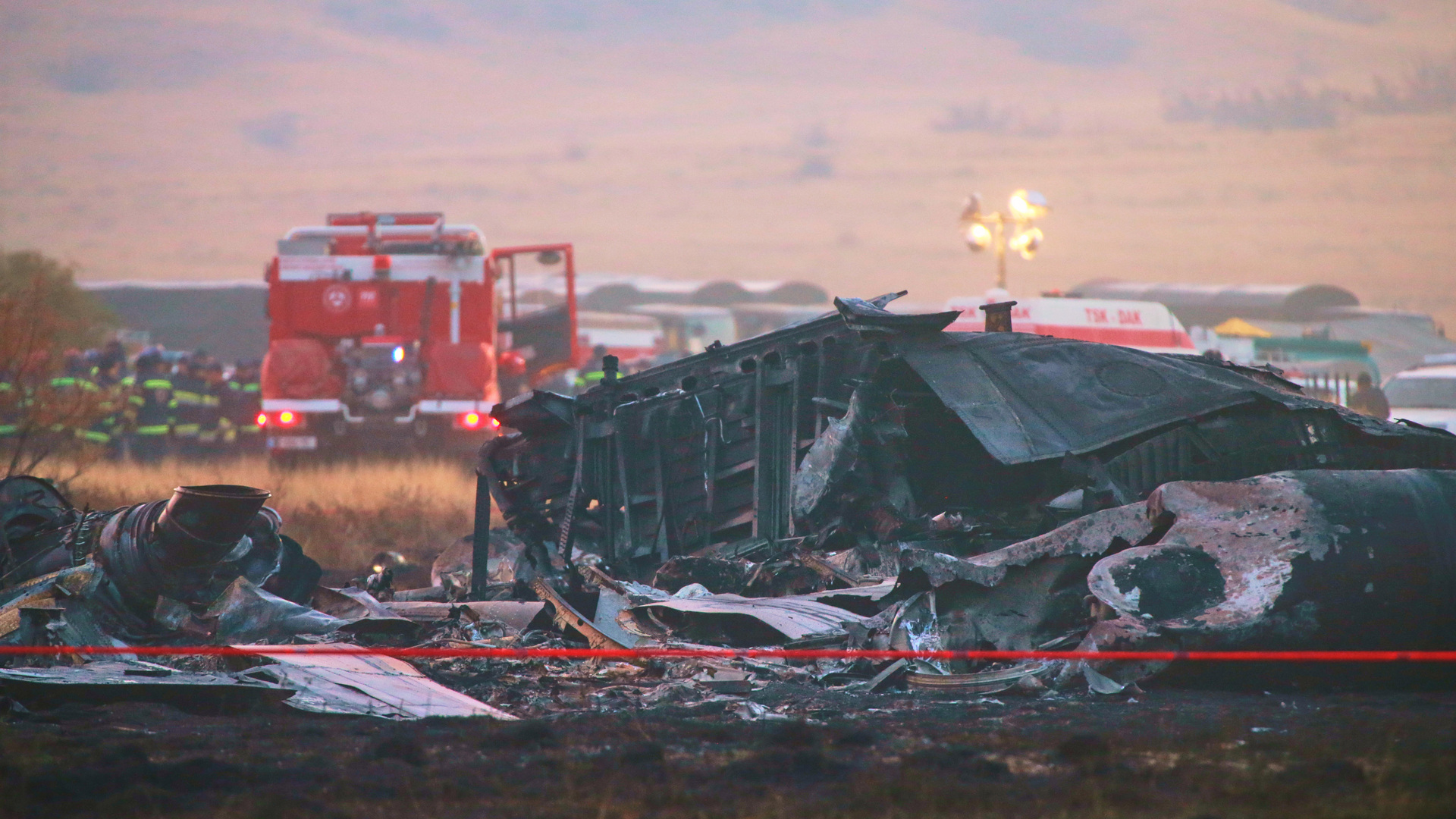It was the Jewish New Year last week, when the traditional greeting is shana tova: a good year. This time around, you’d often hear it in adapted form, as Jews wished each other something more modest: “A better year.” As if, given the times we live in, “good” would be too much to ask for; as if we ought to scale down expectations. It turns out we didn’t scale them down enough.
I was in synagogue when word spread of the murderous attack at Heaton Park in north Manchester that left two people dead, along with the killer. Yom Kippur is rightly described as the holiest day in the Jewish calendar, but it is also a moment of vulnerability. Those who follow tradition, and that includes plenty who wouldn’t describe themselves as believers in God, do not eat or drink for 25 hours; many switch off their phones, and don’t watch TV or listen to the radio; they engage in reflection on the year that has passed, submitting themselves and the wider Jewish people to intense self-criticism.
So they – we – were already vulnerable when we heard the first whispers of murder in Manchester. That made the shock and the sadness more intense. But what was missing was any sense of surprise. Having seen attacks on Jews, and on synagogues, recur around the world, British Jews had been fearing it and preparing for it.
I don’t just mean emotionally. To an extent that is perhaps not realised by most Britons, every Jewish building in this country – every school, every cultural centre and synagogue – has long been hardened against attack, compelled to operate stringent security. Indeed, community officials I’ve spoken to believe that it was only the presence of guards and gates and fences, and of congregants who knew the drill, that prevented the assailant from killing more.
It’s good that the system – operated by a Jewish charity, the Community Security Trust – worked. But it is a bleak kind of comfort to realise that Jews were right to reach the conclusion they came to long ago – that to live a Jewish life in Britain, to send a child to a Jewish school or simply to go and hear an evening talk on a Jewish theme, is best viewed as a high-risk activity requiring serious protection.
It’s early to speak of the motive of the killer, Jihad al-Shamie, a British citizen born in Syria. Police warn that a clearcut answer may prove elusive. In the mental stew of a killer, it can sometimes be hard to calculate the exact portions of political radicalisation and psychological disturbance.
Even so, there are some things we can and perhaps ought to say. The first is that we are living in an age of renewed political violence. Whether it’s the murder of Charlie Kirk or the attempted torching of refuges for asylum seekers, people are converting political rage into physical acts designed to cause injury or death. The condemnation of this is not as absolute as it needs to be. Too many feel the temptation, when sympathetic to the rage, to make excuses for the violence: you could hear a lot of that around last year’s anti-migrant riots. We need to be unbending on this. No anger, no matter how righteous we might consider its supposed source, justifies the murder of innocents. None.
Second, we should be wary of those who seek to use a wicked act such as this to advance a political agenda. I was struck that one Jewish community official I spoke to on Thursday night volunteered, unprompted, how “profoundly unhelpful” it was that rightwing Israeli politicians had rushed to claim the Manchester killings as proof of the folly of Keir Starmer’s Middle East policy. “Weakness in the face of terrorism only brings more terrorism,” wrote Benjamin Netanyahu, apparently unaware that the man who was prime minister when Israel suffered the greatest act of terrorism in its history on 7 October 2023 was one Benjamin Netanyahu.
Third, there needs to be some soul-searching among those who pride themselves on their vigilance against racism and yet who have long had a blind spot around antisemitism. You don’t have to agree with all of David Baddiel’s Jews Don’t Count thesis to recognise that too many progressives have, even unconsciously, seen antisemitism as a lesser menace, one that does not demand their full attention.
The arguments, often made implicitly rather than explicitly, are now wearily familiar. That Jews don’t experience real racism because they’re supposedly white (the position that Diane Abbott advanced in the 2023 letter that saw her first suspended as a Labour MP). That Jews are powerful and therefore antisemitism constitutes a kind of “punching up” (a view that itself rests on an antisemitic cliche). That to talk about antisemitism is really to talk about Israel and it’s therefore all very complicated and best put to one side. (Witness the Jewish educational charity that tells me its offer of training against antisemitism was rejected by one headteacher on the grounds that their school was taking a “neutral stance”.)
Threaded through such thinking is a kind of unspoken, maybe even unconscious, assumption that antisemitism need not be a prime concern of the left because it is discussed often by the right – the likes of the Daily Mail and GB News, for their own reasons – leaving the left free to downgrade or ignore it. But in Manchester we saw the proof that antisemitism can be as lethal as any other form of hate. It demands equal seriousness; its victims deserve equal solidarity.
after newsletter promotion
None of this is to pretend that Israel and the horrific past two years in Gaza are not part of the story. One only has to look at the enormous surge in antisemitic incidents since 7 October to see that. Perhaps this might be a way to think about it. Let’s say you’re a Guardian reader who is appalled by Israel’s destruction of Gaza and its killing of more than 60,000 Palestinians. Your fury will be entirely directed at the Israeli government and have nothing to do with Jews: the line between the two will be sharp and clear in your own mind. But what is surely now undeniable is that there are others for whom the line is not so clear, whose rage against Israel manifests itself as, and may be driven by, hatred of Jews.
For you, it’s an article of faith that “anti-Israel” is not “anti-Jewish”. But not everyone is so careful. So the plea many British Jews might now make is for those justifiably outraged by Netanyahu’s conduct of the Gaza war to think of that line when they chant a slogan or carry a placard, and be sure their words and actions fall on the right side of it. Because sometimes the line gets blurry.
And as for Jews, where does this leave us? The synagogue service that I was in on Thursday carried on, the same way as always. No one considered stopping. That, I suspect, is how it will be. Journalists have been asking if Jews might now leave Britain. I don’t expect it. But I do see Jews wanting to huddle together against the cold, to be among those to whom they don’t have constantly to justify or explain themselves. Even if that means being in the same place at the same time – even if that carries the risk of more sorrow, more pain, more tears. They will take the risk because, who knows, maybe next year will be better.
-
Jonathan Freedland is a Guardian columnist
-
Do you have an opinion on the issues raised in this article? If you would like to submit a response of up to 300 words by email to be considered for publication in our letters section, please click here.


